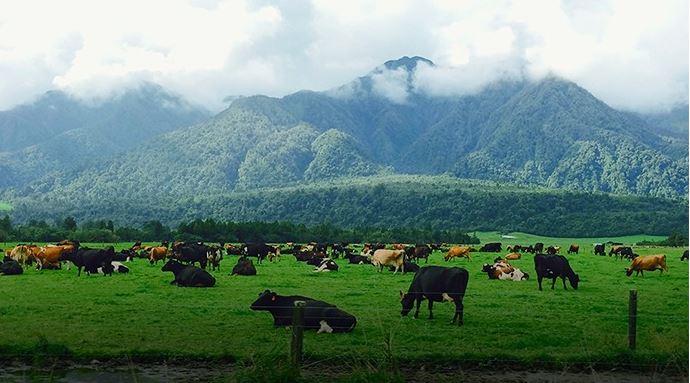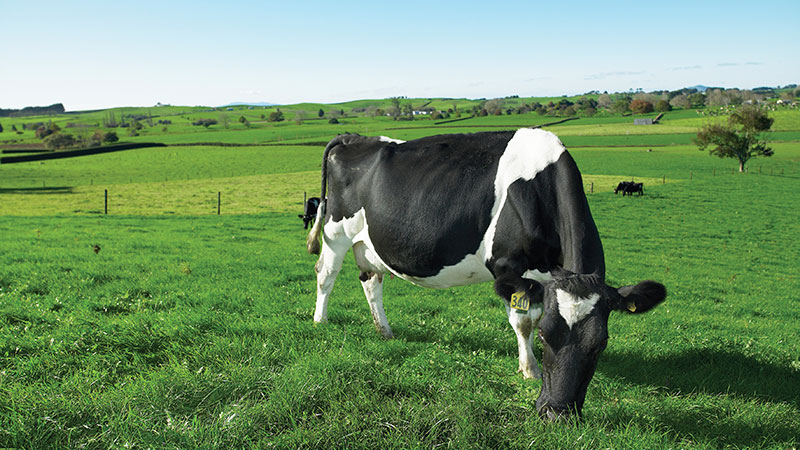
"What you have here is unique. You don't see it because you are used to it." Source.
Grass fed whey is a premium product internationally.
We tend to take it for granted here in New Zealand but most countries aren't as fortunate as we are when it comes to clean dairy.
Before we discuss the benefits of pasture raised whey protein we must first briefly discuss whey.
What is Whey Protein?
Whey protein is a high quality milk based protein powder that's derived from milk as part of the cheese-making process.
The protein is the watery part left after cheese curds form from milk and up until its benefits were realised in the 1970s it had been a waste product.
Whey protein is a powerful muscle building protein because it's rich in amino acids and branched chain amino acids. Its concentrated amino acid profile make it one of the most beneficial dietary sources of protein. It tastes good too.
Whey is the most popular supplement choice for athletes, fitness models, bodybuilders, and those wanting to lose weight or just add more protein to their diet.
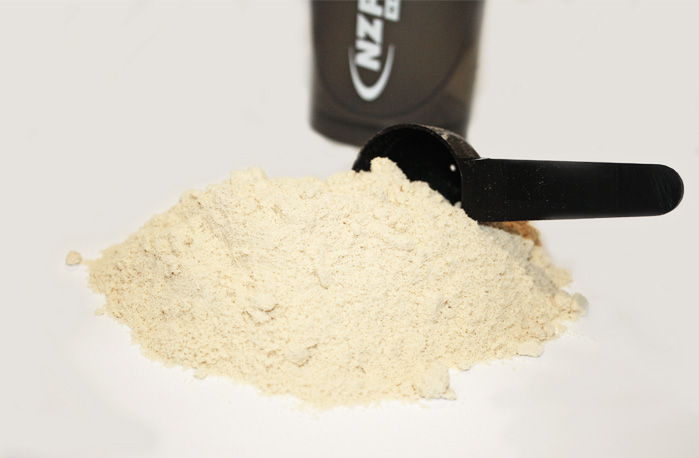
Pasture Raised Whey Protein
Grass fed is better and grass fed whey is a premium product because the quality of the milk that cows produce is related to the environment and their diet. In other words, grass fed cows produce superior milk to grain fed factory farmed cows.
Natural pasture feeding requires a temperate climate and is more expensive than factory farming lots because a lot more space is required to grow grass for cows to graze on. Therefore most dairy cows are factory farmed (or seasonally factory farmed) throughout the world because of climate limitations and economic conditions.
New Zealand (NZ) produces natural pasture fed milk because NZ has a temperate climate that makes it possible to naturally graze cows outside all year.
That means that the dairy cows that produce the milk used to create our whey and milk protein products are naturally grass fed and not factory farmed.
By comparison in North America, where most other whey and milk proteins are made, cows are kept in confined feedlots for intensive animal farming.
The aim of factory farming in feedlots is to increase the amount of meat each animal produces as quickly as possible.
By keeping cows confined they can gain weight faster than animals that are allowed to range freely over pasture, and factory farmed cows are usually given growth hormone and steroids to speed up growth and beef output.
Cows kept in feedlots are mostly fed grains of corn and/or soy and this affects the quality of the milk - factory farmed cows produce milk with less minerals and only half as much omega 3 as cows that are naturally pasture fed.
Thousands of cows can be kept in these feedlots and to combat the unsanitary conditions cows are injected with antibiotics to prevent the spread of disease.
Due to these factors (as well as the obvious animal welfare) the demand for grass fed milk is increasing.
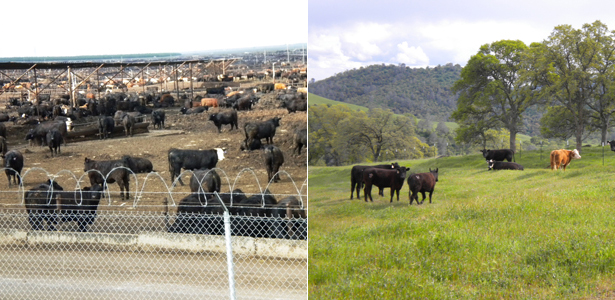
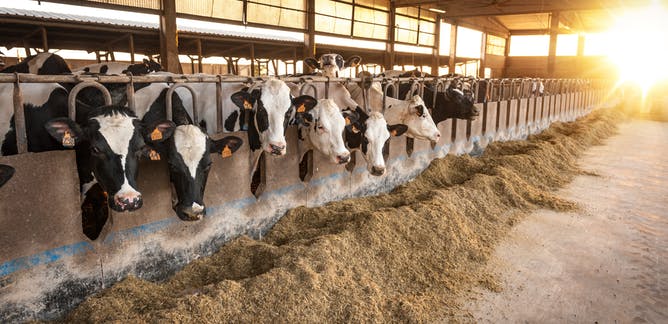
Health Benefits Grass Fed Whey
Cows that consume a grass fed diet produce milk with more minerals and essential fatty acids than factory farmed cows.
Pasture fed cows' milk contains significantly more omega-3 fatty acids than grain fed cows. In fact, natural pasture fed cows produce milk with nearly twice as much omega-3 than their counterpart, with an ideal ratio of omega-3 vs omega-6 of around 1:1.
Diets high in omega-3 are believed to support heart and immune system health and are linked to lower risk of chronic disease.
CLA (Conjugated Linoleic Acid) is another type of essential fatty acid that has anti-inflammatory and blood sugar regulation properties.
Pasture raised cows produce milk that contains up to twice as much CLA than the milk of factory farmed cows.
Grass fed cows have milk that's also richer in vitamin E and beta-carotene. Beta-carotene is found in plants, such as grass which pasture fed cows eat. Beta-carotene is converted to vitamin A by the body, an antioxidant for skin, vision, and immune function.
Best Grass Fed Whey Protein
New Zealand is the largest dairy exporter in the world and NZ has strict standards to protect the integrity of its dairy industry. The NZ government has rigorous testing and quality standards for milk production, and antibiotics and hormones are managed carefully against being in the milk that is used to create this product.
Our whey protein is not only grass fed - it's also great tasting and has a naturally creamy texture. We do not add or fillers or other agents to modify this texture.
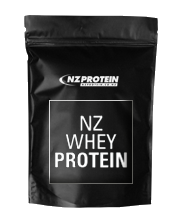 |
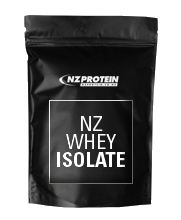 |
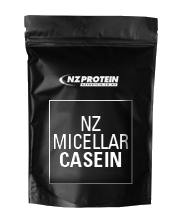 |
|
Grass Fed |
|
|
|
Verdict
Whey protein has the best amino acid profile for muscle development and our New Zealand whey and milk proteins are from grass fed NZ cows. NZ grass fed milk has a reputation internationally for being produced to high standards for quality and animal welfare. Grass fed cows milk has more minerals and essential fatty acids and is a premium product.

